Published in the November 3rd edition of The National.
Viceroy Murray pompously asserts that under English Labour, “we face a decade of national renewal.” If he’s referring to Scotland, the Viceroy is, as usual, way off the mark.
He mindlessly pays tribute to the fictional £22bn black hole, but neither he nor Rachel Reeves appear to understand that the UK government can never run out of money. It can create as much as it needs to support the economy but refuses to do so because of another fiction - the made-up iron-clad fiscal rules (they’ve been changed 9 times since the 90s) , a self-imposed strait-jacket that constrains public spending thereby satisfying the vampiric City of London that’s bleeding the productive economy dry.
Professor Aeron Davis, in his book Bankruptcy, Bubbles and Bailouts, describes how the highly centralised model of neoliberal financial capitalism adopted by the UK in the 1980s has led to this point:
“Neoliberalism, like capitalism, comes in many varieties, The one adopted in Britain was very much influenced by people with financial market backgrounds. They knew a lot about the City and capital markets but relatively little about manufacturing and regional industries. Markets to them were all about transactions, not production, labour or materials. Industry was part of an ageing foreign space for them. Finance was their new world.” (Davis, Citation2022, pp. 82–83)
London has increasingly dominated the rest of the UK, sucking resources away from places like Scotland.
The City of London has been calling the shots since the 1980s. It engineered the mass privatisation of public industries, utilities and services, as well as private finance initiatives (PFIs), where hospitals and schools were contracted out to private companies rather than be publicly financed and managed, costing local authorities hundreds of billions of pounds.
Reeves’ budget is a continuation of this neoliberal London-centred financialised model which panders to the wealthy, punishes the vulnerable and starves the productive economy of resources.
She added 1.2% to employers’ NI - which kicks in at £5k not £9.2k pa - and will disproportionately harm small businesses that won’t hire as many low-paid workers, blunting the rise in the minimum wage and increasing unemployment. Some small businesses will have no choice but to pass the extra cost on to customers, fueling inflation. Others will fold. Sectors that will absorb the brunt are social care, childcare, and hospitality, but all small businesses will suffer.
On top of this, people will face real income tax rises since Reeves has frozen the tax thresholds until 2028/29 and pensioners whose only income is the new state pension will be dragged into paying income tax.
She said she’d equalize capital gains tax (CGT) and income tax, but didn’t. Low earners will face a CGT rise from 10-18%, 2% below their income tax rate, but those earning over £50k will see a rise from 20 - 24%, 16% below the top rate of income tax.
Public sector spending increases are far short of what’s needed to revive the NHS, education, social housing, etc. Furthermore, Reeves has imposed 2% spending cuts on all government departments - welcome back austerity!
As a result, growth forecasts are lackluster, barely hitting 2% and interest rates will remain above the rate of inflation which makes no sense if economic growth is the goal.
Her boast that there will be a budget surplus means she’ll be removing more money from the economy than she’s putting into it, a surefire route to recession. Keynes, who understood that government spending always leads economic growth, must be spinning in his grave.
Finally, the Viceroy has his ritual go at Holyrood, claiming it has created another ‘fiscal black hole,’ when he knows full well that Westminster controls its allowance while it continues to plunder Scotland’s resources and stands by while Grangemouth, Scotland’s last major industrial asset, closes.
The way to end this misery for Scotland is not only to leave the failing union, but create in its place a decentralised governance model that returns power to the regions and People, allowing all parts of Scotland to develop and prosper.





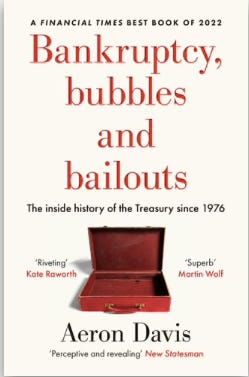
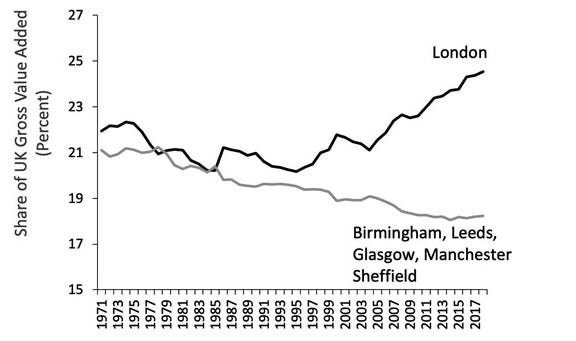
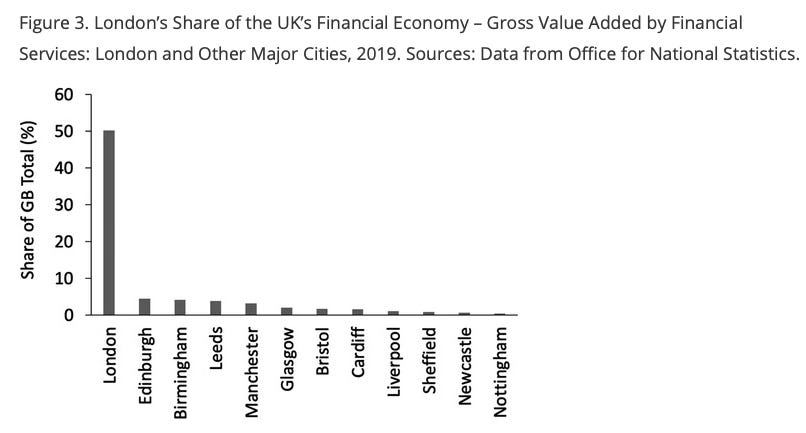
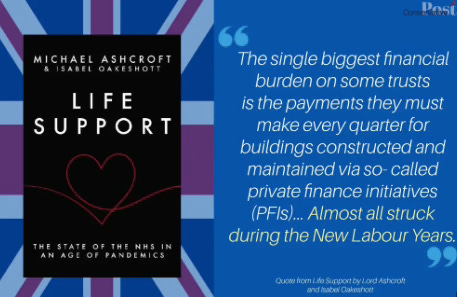

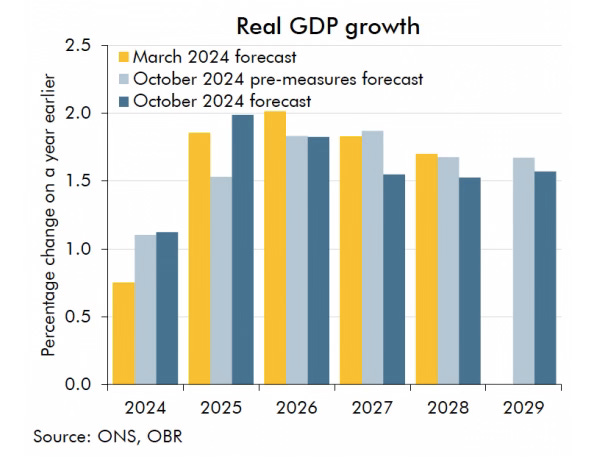
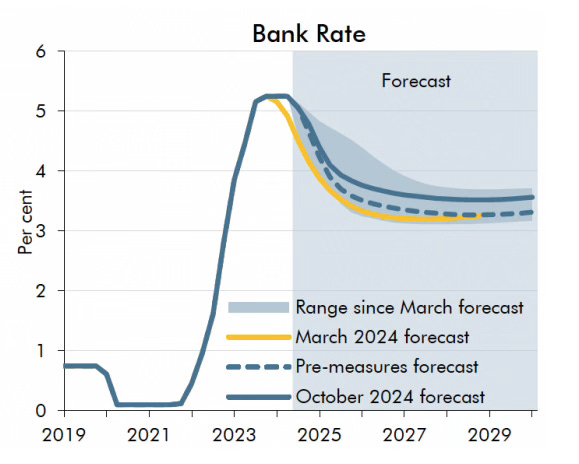
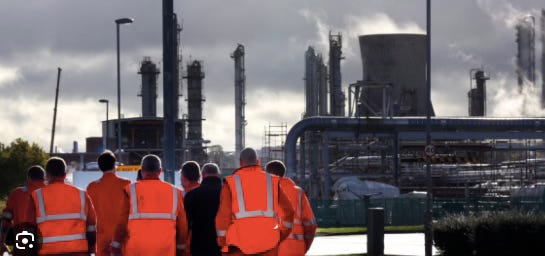
A people and country subject to neocolonialism is in a rather more acute situation. Colonized peoples subject to cultural assimilation (as well as economic plunder) are in the process of perishing, which is a much more emphatic outcome than a people facing 'a lost decade'.
https://salvo-cor.s3.eu-west-1.amazonaws.com/THEORETICAL+CASE+FOR+SCOTTISH+INDEPENDENCE.pdf
The UK is a lace where nothing works because it has all been sold to people who don't care if it does, they only want profit.
But we are told the solution is to sell more stuff to them and give them more money when they already have far too much.
You once paid your taxes and received Public Services, but now they expect you to pay your taxes and receive nothing.